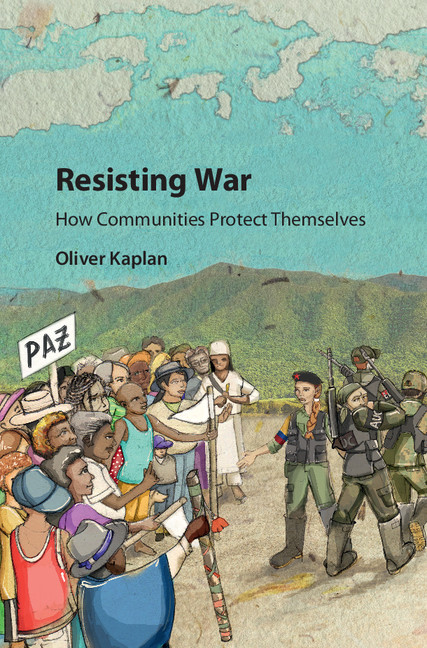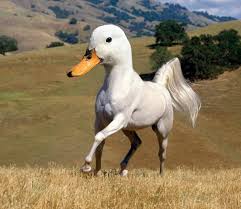What happens when a research subject becomes a research and briefing partner? In 2017, I was contacted by the peacebuilding NGO Peace Direct to contribute to a policy report on community-based atrocities prevention. I invited a local peacebuilder I knew from...




